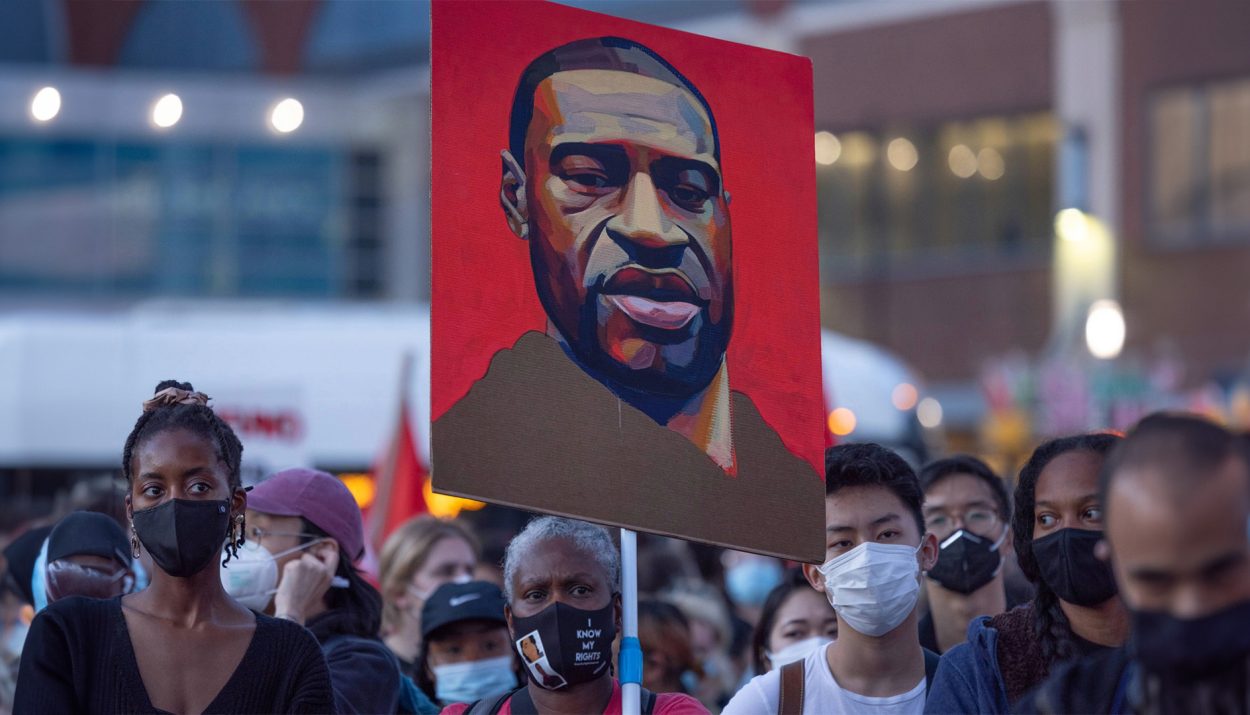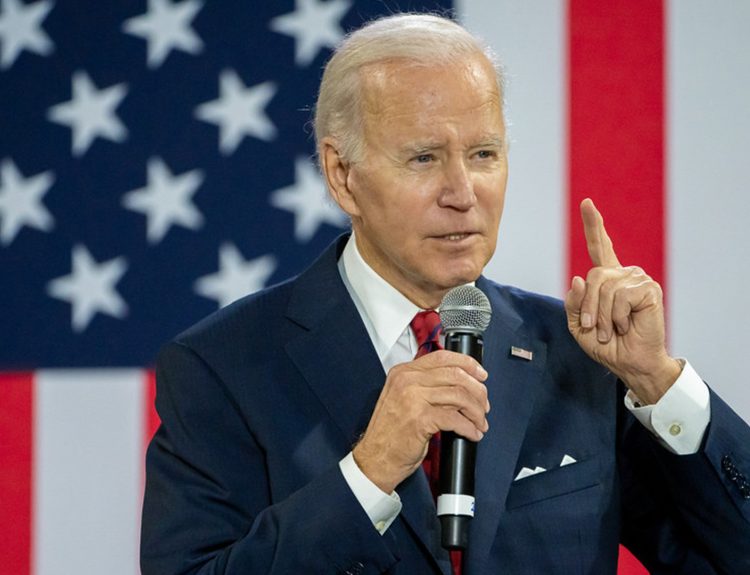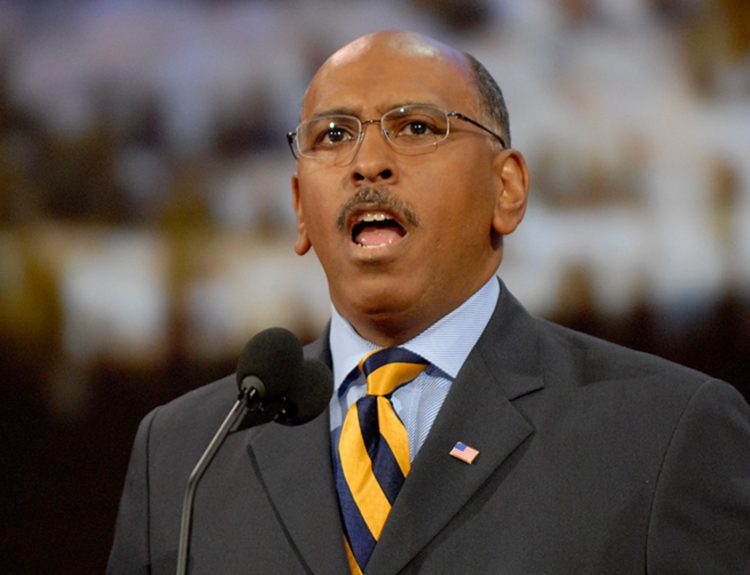A legal complaint filed by the Equal Protection Project of the Legal Insurrection Foundation argues that North Central University’s George Floyd scholarship violates Title VI of the Civil Rights Act of 1964 by only being offered to Black students. The complaint raises questions about the legality of race-based scholarships in the wake of the Supreme Court’s recent decision on affirmative action.
Legal Watchdog Group Files Complaint Against North Central University
The Equal Protection Project of the Legal Insurrection Foundation has filed a legal complaint with the Department of Education’s Office of Civil Rights, alleging that North Central University’s George Floyd scholarship violates federal civil rights law. The complaint argues that the scholarship, which is only open to Black students, engages in “invidious discrimination based on race, color, and national origin.”

According to the scholarship’s information page, to qualify for the scholarship, students must “be a student who is Black or African American, that is, a person having origins in any of the black racial groups of Africa.” The scholarship was created in June 2020 to invest in a new generation of young Black Americans.
Founder of Equal Protection Project Calls for Remedial Plan
William Jacobson, the founder of the Equal Protection Project, told The College Fix that the George Floyd Scholarship eligibility requirements are “openly racially discriminatory.” He emphasized that regardless of the purpose of the racial discrimination, it is wrong and unlawful. Jacobson called on North Central University to come up with a remedial plan to compensate students who were shut out of the scholarship due to discrimination.
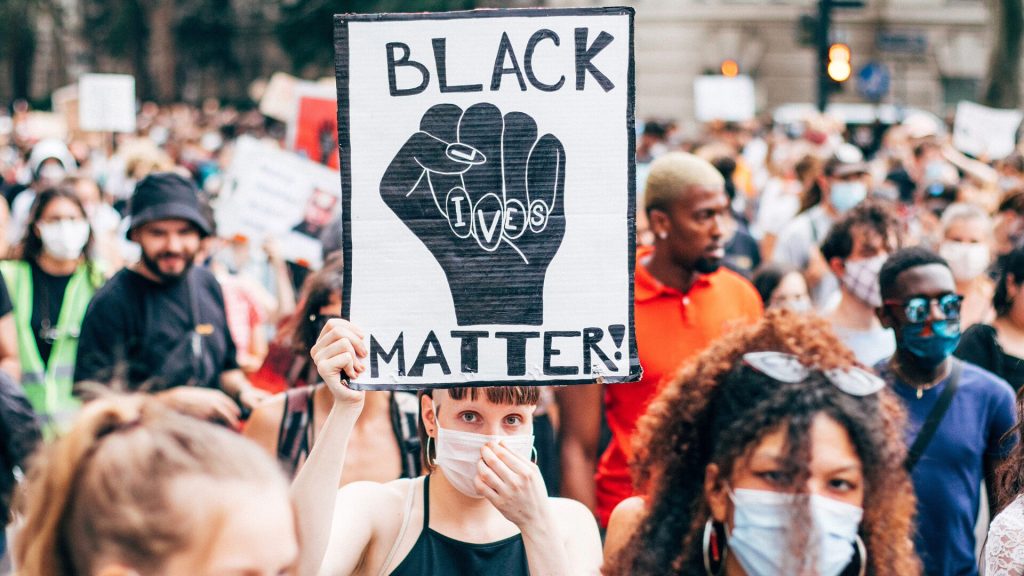
In addition to violating federal civil rights law, the complaint also claims that the university defies the civil rights protections of Minnesota’s Human Rights Act, which makes it a criminal offense for an educational institution to limit access to any educational program based on race.
Supreme Court’s Decision on Affirmative Action Cited in Complaint
The legal complaint against North Central University’s George Floyd scholarship comes in the wake of the Supreme Court’s decision reversing affirmative action last summer. William Jacobson argued that the Supreme Court’s decision made it clear that discriminating based on race to achieve diversity is not lawful.
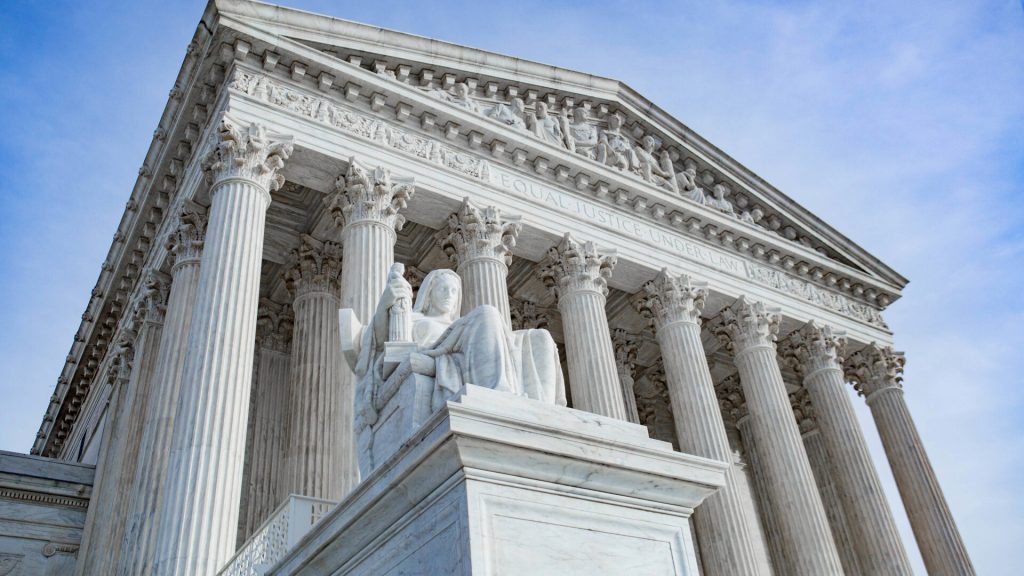
Jacobson quoted Chief Justice Roberts’ majority opinion, which stated, “Eliminating racial discrimination means eliminating all of it.” He questioned why North Central University isn’t living up to its nondiscrimination policies, which forbid racial discrimination.
North Central University’s Response to the Complaint
As of the time of this article’s publication, North Central University has not publicly responded to the legal complaint filed by the Equal Protection Project. The university’s website still lists the George Floyd Memorial Scholarship as being available to students who are Black or African American.

The university’s silence on the matter has raised questions about how it will address the complaint and whether it will make any changes to the scholarship’s eligibility requirements. The outcome of this case could have implications for other race-based scholarships and programs at universities across the country.
The Creation of the George Floyd Memorial Scholarship
North Central University created the George Floyd Memorial Scholarship on June 4, 2020, just days after George Floyd died in Minneapolis. The university’s president, Scott Hagan, said at the time that the scholarship was created “to invest like never before in a new generation of young black Americans, who are poised and ready to take leadership in our nation.”
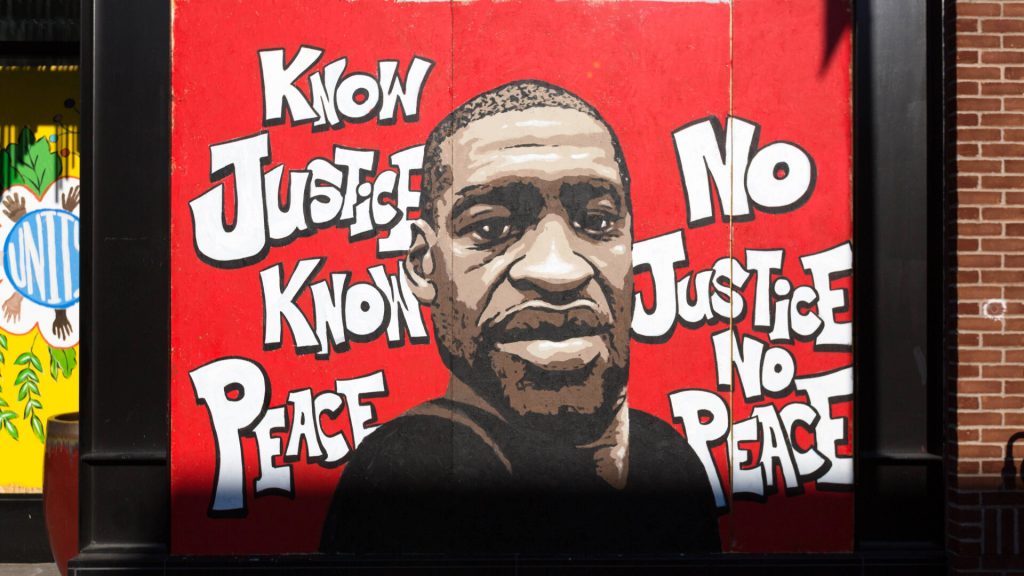
The scholarship was part of a larger effort by the university to address issues of racial injustice and inequality in the wake of George Floyd’s death. However, the legal complaint filed by the Equal Protection Project argues that the scholarship’s race-based eligibility requirements are a form of discrimination that violates federal civil rights law.
The Debate Over Race-Based Scholarships and Programs
The legal complaint against North Central University’s George Floyd scholarship is part of a larger debate over the use of race-based scholarships and programs in higher education. Supporters argue that these programs are necessary to address historical and ongoing racial inequalities and to promote diversity on college campuses.

However, critics argue that race-based scholarships and programs are a form of reverse discrimination that unfairly excludes students based on their race. They argue that these programs violate the principles of equal protection under the law and that all students should be judged based on their merits, not their race.
The Impact of the Supreme Court’s Affirmative Action Decision
The Supreme Court’s decision last summer to reverse affirmative action policies in college admissions has had a significant impact on the debate over race-based scholarships and programs. The decision, which was written by Chief Justice John Roberts, stated that “eliminating racial discrimination means eliminating all of it.”
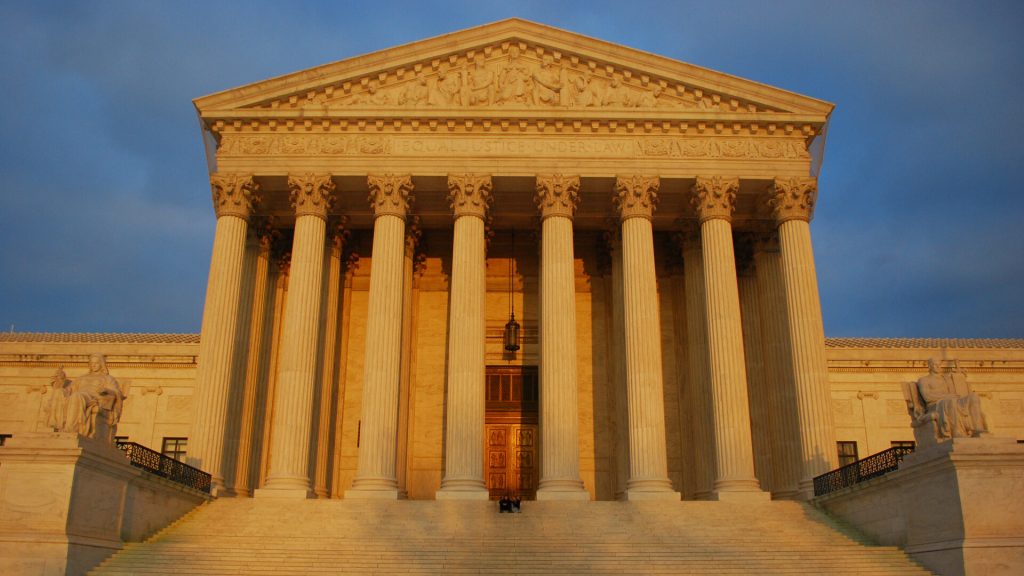
The decision has been welcomed by critics of affirmative action, who argue that it is a step towards a more meritocratic and color-blind society. However, supporters of affirmative action argue that the decision will make it harder for universities to promote diversity and address racial inequalities in higher education.
The Role of Private Universities in Promoting Diversity
As a private Christian university, North Central University is not subject to the same legal requirements as public universities when it comes to promoting diversity and addressing racial inequalities. However, the legal complaint filed by the Equal Protection Project argues that the university’s race-based scholarship still violates federal civil rights law.
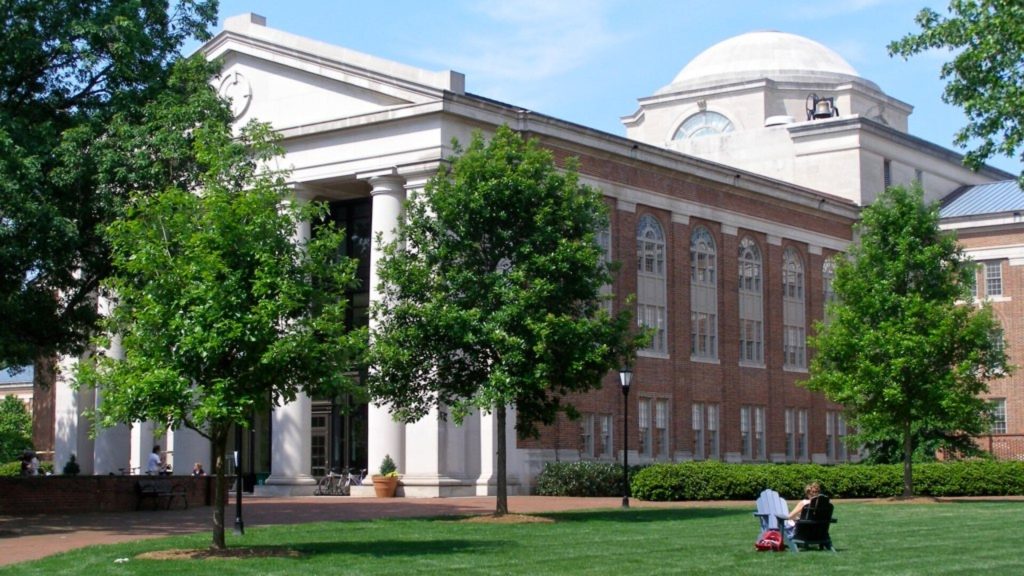
The case raises questions about the role of private universities in promoting diversity and addressing racial inequalities in higher education. While private universities have more flexibility than public universities in terms of their admissions and scholarship policies, they are still subject to federal civil rights laws that prohibit discrimination based on race.
The Importance of Diversity in Higher Education
Despite the ongoing debate over race-based scholarships and programs, many educators and policymakers argue that diversity is an important goal for higher education. Research has shown that diverse learning environments can lead to better educational outcomes, increased creativity and innovation, and a more well-rounded college experience.

However, the question of how to achieve diversity in higher education remains a contentious one. While some argue that race-based scholarships and programs are necessary to promote diversity, others argue that these programs are a form of discrimination that should be eliminated in favor of more meritocratic and color-blind policies.
The Future of Race-Based Scholarships and Programs
The legal complaint against North Central University’s George Floyd scholarship is just one example of the ongoing debate over race-based scholarships and programs in higher education. As universities grapple with how to promote diversity and address racial inequalities, they will need to carefully consider the legal and ethical implications of their policies.

Some experts predict that the Supreme Court’s decision on affirmative action will lead to a decline in race-based scholarships and programs at universities across the country. However, others argue that universities will find new ways to promote diversity and address racial inequalities within the bounds of the law.
The Need for a More Holistic Approach to Diversity
While the debate over race-based scholarships and programs is likely to continue, some educators and policymakers argue that universities need to take a more holistic approach to promoting diversity and addressing racial inequalities. This could include initiatives such as increasing outreach to underrepresented communities, providing more support for first-generation college students, and creating more inclusive campus environments.
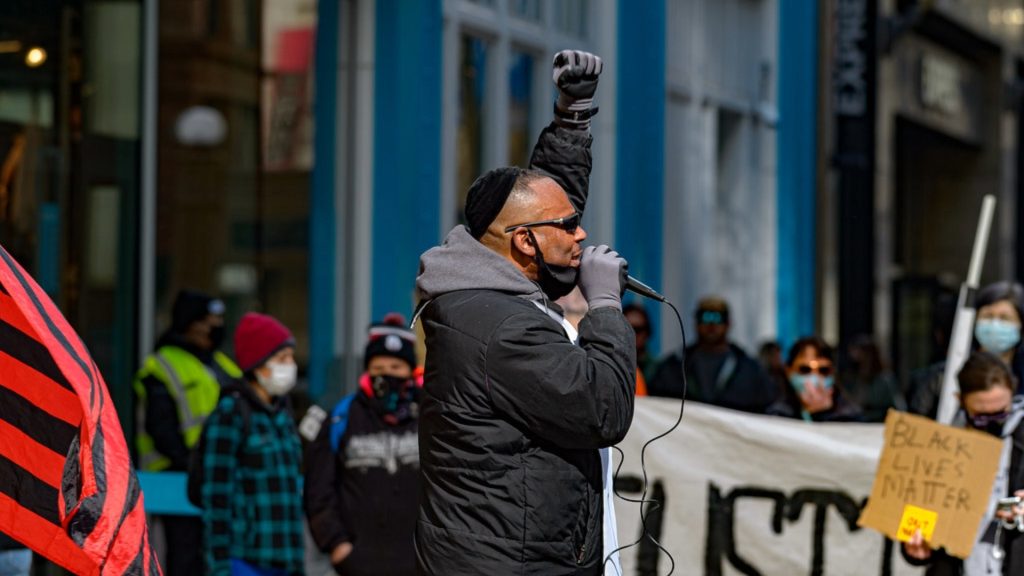
By taking a more holistic approach to diversity, universities may be able to avoid some of the legal and ethical pitfalls associated with race-based scholarships and programs while still working towards the goal of creating more diverse and equitable learning environments.
The Path Forward for North Central University and Beyond
As North Central University grapples with the legal complaint against its George Floyd scholarship, it will need to carefully consider its next steps. While the university may believe that the scholarship is a necessary and important tool for promoting diversity and addressing racial inequalities, it will need to ensure that its policies and practices comply with federal civil rights law.
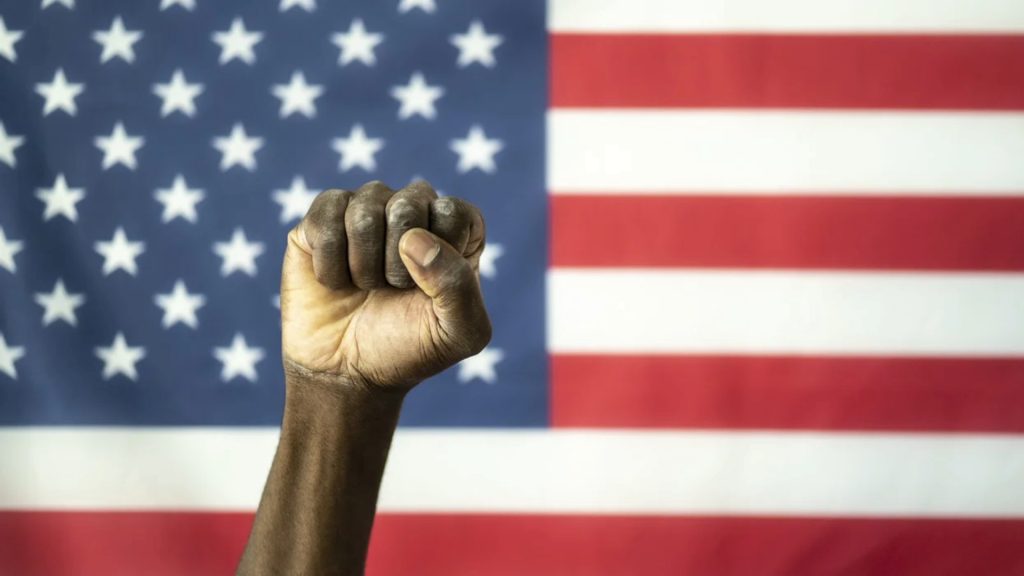
More broadly, the case highlights the ongoing challenges and complexities of promoting diversity and addressing racial inequalities in higher education. As universities and policymakers continue to grapple with these issues, it will be important to engage in honest and respectful dialogue, seek out new and innovative approaches, and work together toward the shared goal of creating a more just and equitable society for all.

